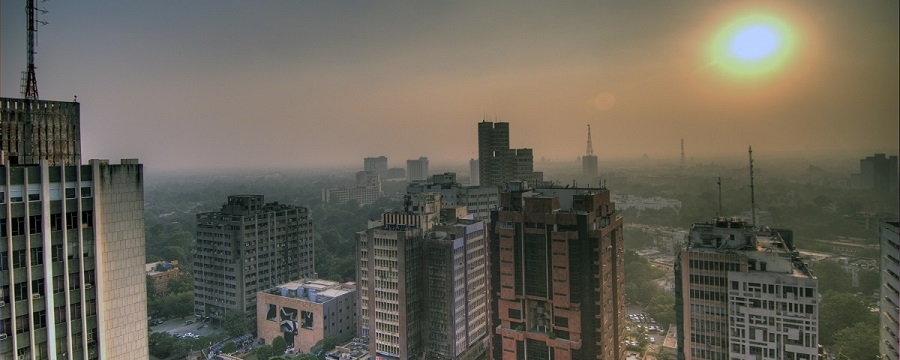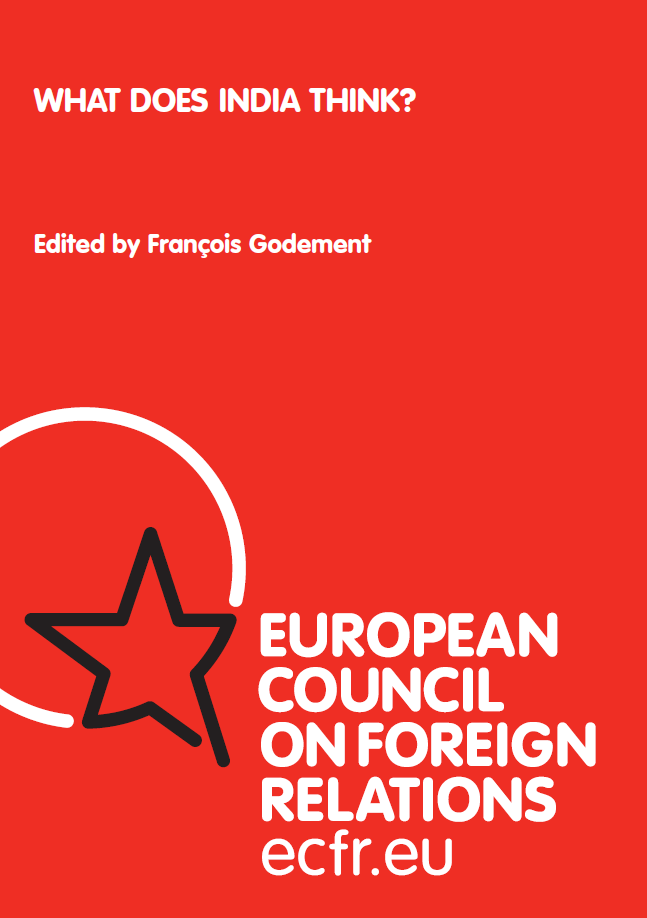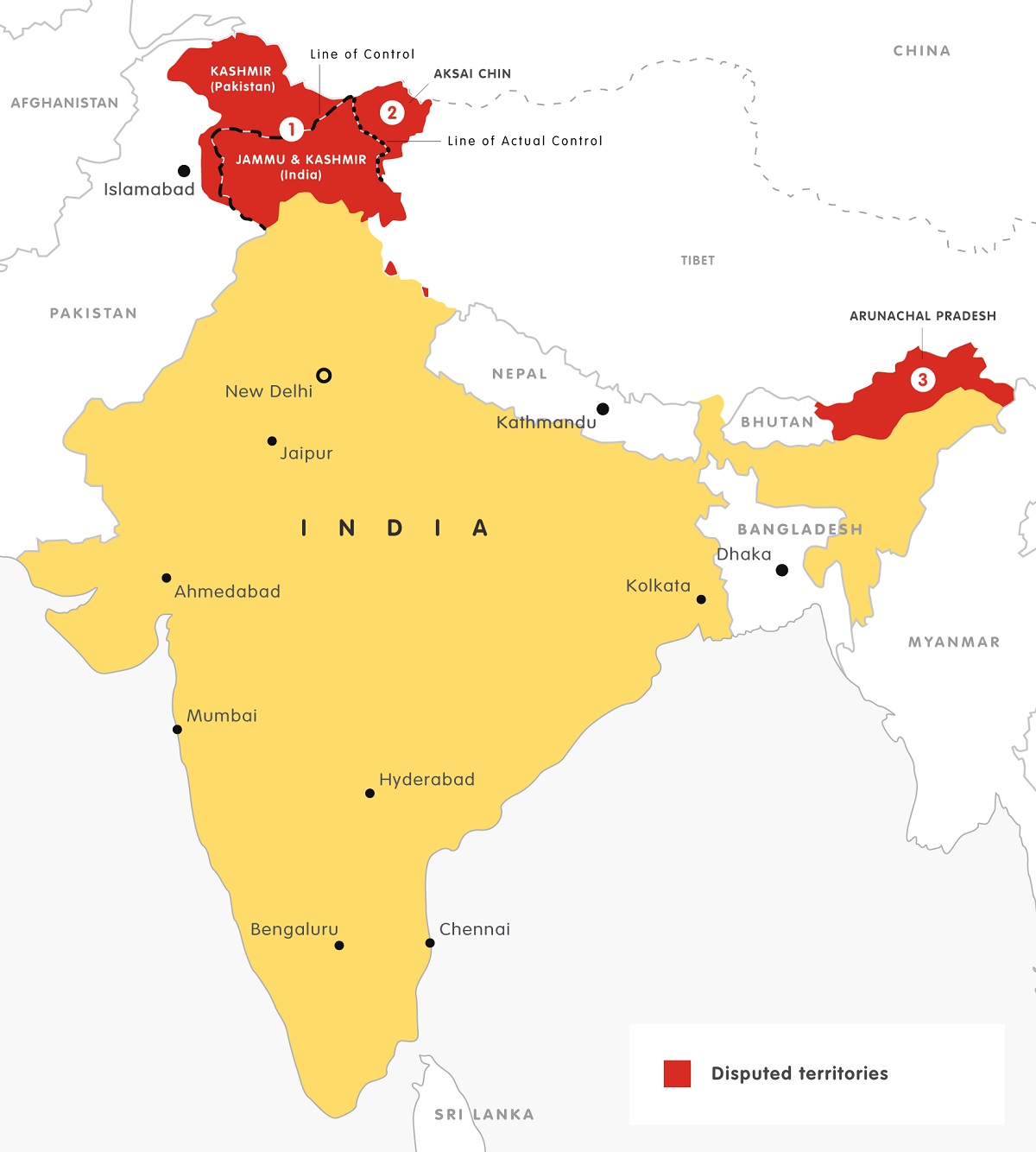India is changing, and Europe is missing out. India is now the world’s fastest-growing economy, ahead of China, and the European Union is both its biggest market and biggest trading partner. The two unions share common values and democratic political systems. Yet Brussels has not found time to meet Prime Minister Narendra Modi, and trade talks are deadlocked.

Europeans are frustrated by India’s complexity, fragmentation, and changing rules. But, while European firms complain about the difficulty of doing business across the diverse Indian subcontinent, few realise that Indians feel exactly the same about Europe. Indians tend to approach Europe through bilateral relationships with each member state, rather than treating it as a whole.
WHAT DOES INDIA THINK?
edited by François Godement
The North–South divide pits Europe as a giver of lessons against an India that often will not accept them – an India that can say no. Add this to India’s defensive and anti-interventionist international stance and Europe’s increasingly centrifugal trends, and India–Europe relations begin to look like a car crash.
On ECFR’s recent trip to India, organised in cooperation with the Robert Bosch Foundation, we heard the following comments from senior voices, both Indian and European:
“Europe summons up a big yawn for us.”
“Don’t treat India merely as a benign 5,000-year-old civilisation.”
“There is no commitment from the top in Europe on cooperation with India. All it brings to us are complaints about climate change and human rights.”
“European defence starts in the Hindu Kush.”
“India may be a difficult partner. But contrast the EU’s attitude with US persistence, over a decade and three administrations, which has led to a breakthrough in its relationship with India, now coming to fruition.”
We could go on. This collection of essays from leading Indian thinkers, about their country’s state of affairs, economic prospects, and international activism follows a week-long series of encounters in September and October 2015 between ECFR Council members, leading European journalists, and a range of Indian voices – from government and politics to business, the media, and think-tanks. During this trip, participants heard many wise insights, along with harsh assessments of the status quo and calls for changes.
- The region of Kashmir (including Pakistan-controlled Kashmir and India-controlled Jammu & Kashmir) is claimed by both countries, and their territorieshave been separated by the Line of Control since the 1972 Simla Agreement.
- Aksai Chin and three smaller areas bordering Tibet have been controlled by China since the 1962 war, but are claimed by India. Jammu & Kashmir and Aksai Chin are separated by the Line of Actual Control.
- Arunachal Pradesh, an Indian state bordering Tibet, is claimed in part by China.
sourche: http://www.ecfr.eu/what_does_india_think


Δεν υπάρχουν σχόλια:
Δημοσίευση σχολίου